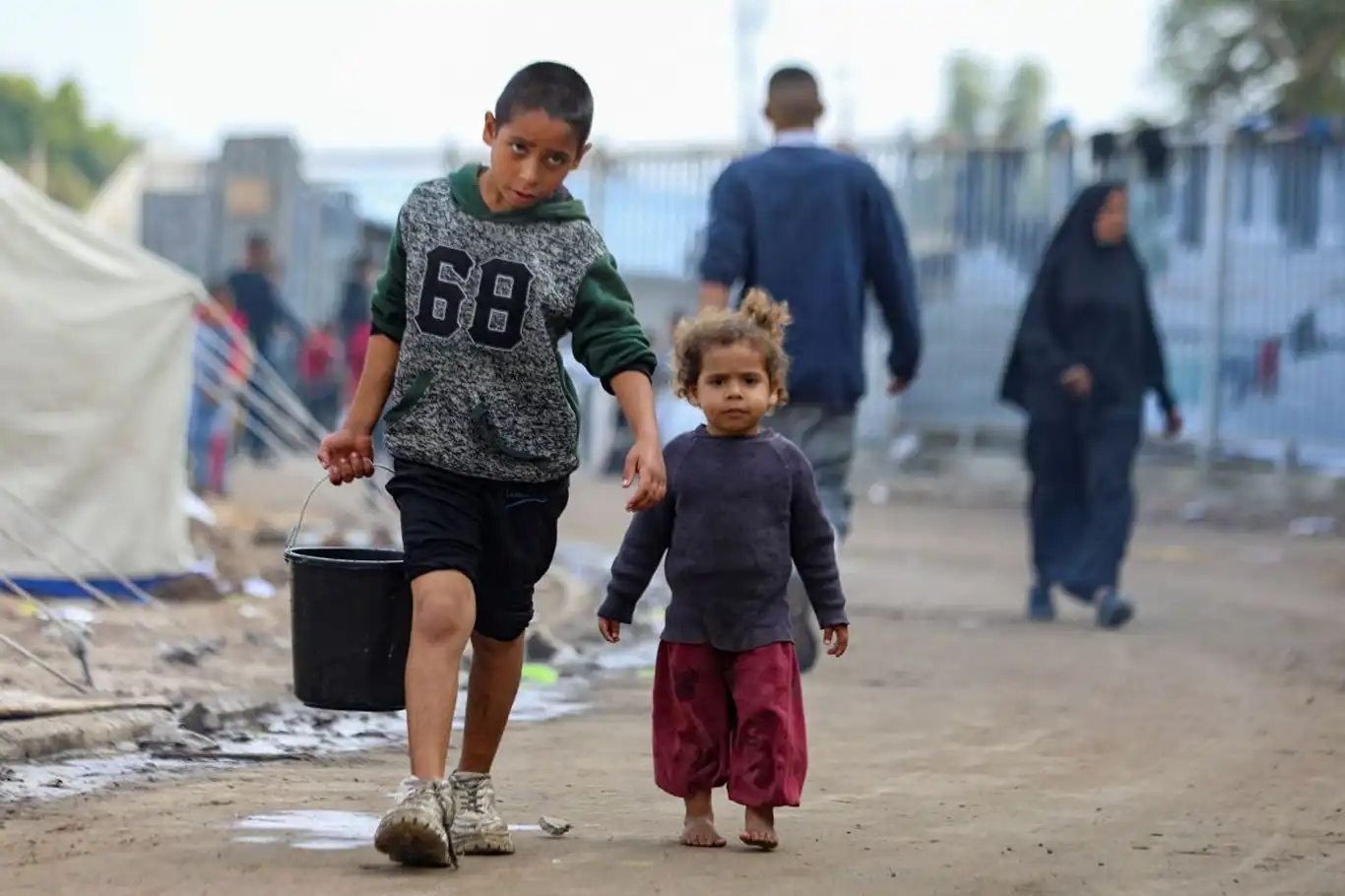UN report: Israel’s siege drives Gaza into full-scale famine


The Gaza Strip is now gripped by what international monitors are describing as a full-scale famine, with thousands of Palestinian children already suffering from acute malnutrition and hunger-related deaths rising sharply under Israel’s suffocating blockade.
The Integrated Food Security Phase Classification (IPC), a UN-backed initiative that provides authoritative assessments on global hunger crises, announced Friday that the worst-case famine scenario is unfolding in Gaza. The organization warned that food consumption levels, child malnutrition, and hunger-related deaths have already crossed famine thresholds across much of the territory.
“Conflict and displacement have intensified, and access to food and other essential items and services has plummeted to unprecedented levels,” the IPC said in its statement, pointing directly to the catastrophic impact of Israel’s relentless siege and bombardment.
According to the findings, malnutrition surged rapidly in July, with over 20,000 children admitted for treatment of acute malnutrition between April and mid-July. Of those, more than 3,000 were severely malnourished. Hospitals reported a sharp rise in hunger-related deaths among children under five, with at least 16 confirmed fatalities since July 17.
Medical workers in Gaza stress that these figures represent only a fraction of the reality, as many children die unrecorded in homes or in areas cut off from aid due to Israeli bombardment.
“This famine is man-made. It is the direct consequence of Israel’s blockade and systematic targeting of Gaza’s civilian infrastructure,” said one Palestinian health official, calling the IPC report “a final alarm bell to the world.”
The IPC underscored that immediate action is needed: “Unimpeded, large-scale humanitarian aid must be allowed into Gaza without delay. Ending hostilities and lifting restrictions is the only way to stop further deaths and catastrophic suffering.”
For Palestinians, the report confirms what has long been evident on the ground: Israel’s war is not only military but also a war of starvation, aimed at breaking the will of a besieged population. Families in northern Gaza have been reduced to eating animal fodder and contaminated water. Mothers describe being unable to produce breast milk due to extreme hunger, while hospitals overwhelmed with wounded now double as starvation wards.
Despite mounting warnings from humanitarian organizations, Israel continues to block aid convoys, citing “security concerns.” International rights groups argue this amounts to collective punishment, a war crime under international law.
The famine declaration adds pressure on world powers to intervene. But for many Palestinians in Gaza, survival now hinges not on international diplomacy, but on whether food, water, and medicine can be delivered before thousands more perish. (ILKHA)
LEGAL WARNING: All rights of the published news, photos and videos are reserved by İlke Haber Ajansı Basın Yayın San. Trade A.Ş. Under no circumstances can all or part of the news, photos and videos be used without a written contract or subscription.
Hundreds of thousands of Yemenis filled the streets of the capital on Friday in a massive demonstration under the slogan, “Steadfast with Gaza – We Fear No Threats and Are Not Intimidated by Conspiracies.”
Arab and Muslim leaders, governments, and peoples share a historic responsibility to protect Al-Aqsa Mosque, Sheikh Ekrima Sabri, preacher of the holy site, declared in a video message marking the 56th anniversary of the 1969 arson attack.
The United States has launched a sweeping review of more than 55 million visa holders in what critics describe as one of the harshest assaults on migrants, foreign workers, and students in modern American history.